EDITORIAL
Published on 14 Nov 2024
Editorial: Autoimmune diseases in childhood
doi 10.3389/fimmu.2024.1516530
- 318 views
20k
Total downloads
62k
Total views and downloads
EDITORIAL
Published on 14 Nov 2024
ORIGINAL RESEARCH
Published on 11 Oct 2024
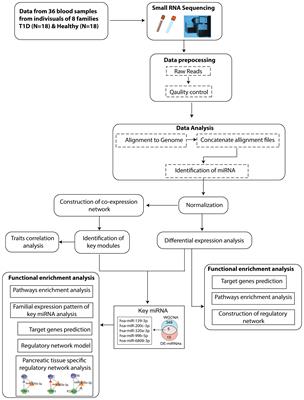
ORIGINAL RESEARCH
Published on 03 Oct 2024
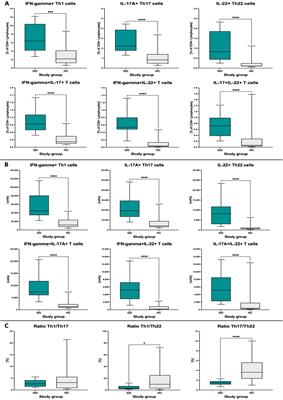
ORIGINAL RESEARCH
Published on 20 Aug 2024

ORIGINAL RESEARCH
Published on 09 Aug 2024
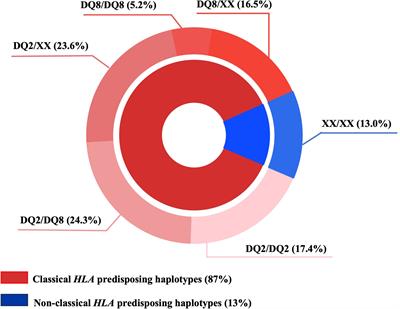
ORIGINAL RESEARCH
Published on 18 Jul 2024

REVIEW
Published on 27 Jun 2024
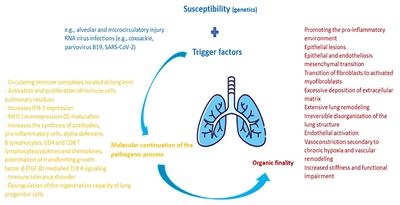
CASE REPORT
Published on 20 Mar 2024
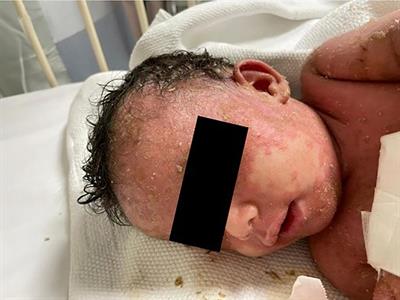
ORIGINAL RESEARCH
Published on 18 Mar 2024

ORIGINAL RESEARCH
Published on 03 Jan 2024
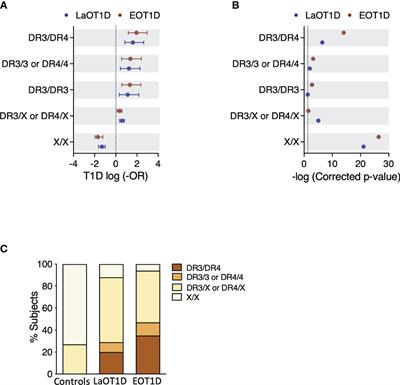
ORIGINAL RESEARCH
Published on 14 Dec 2023
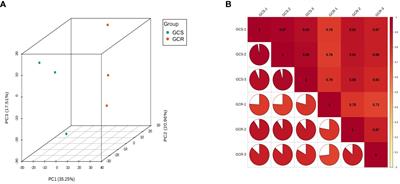
ORIGINAL RESEARCH
Published on 05 Dec 2023
